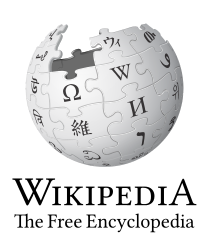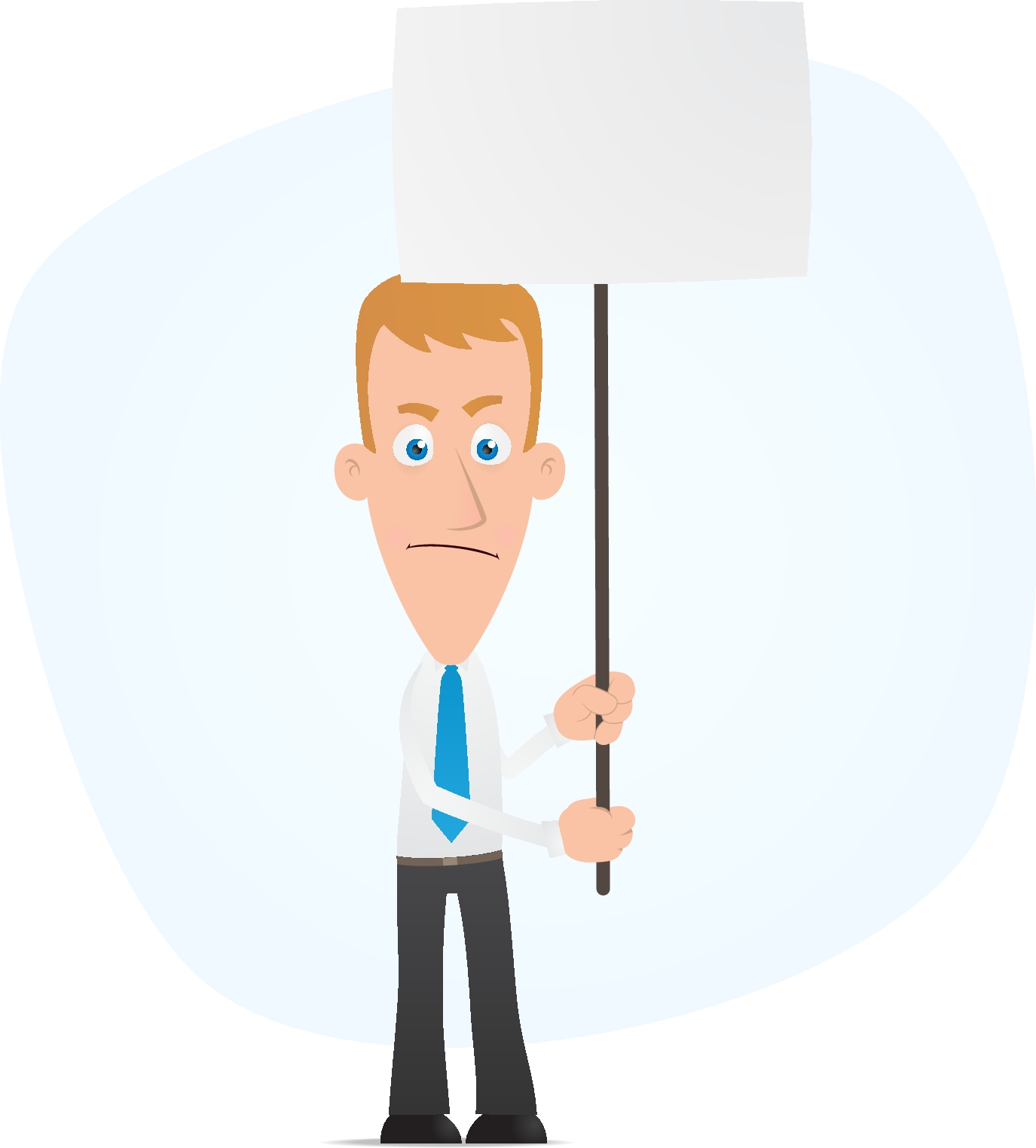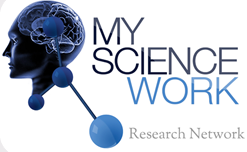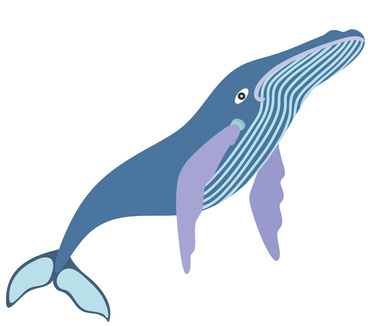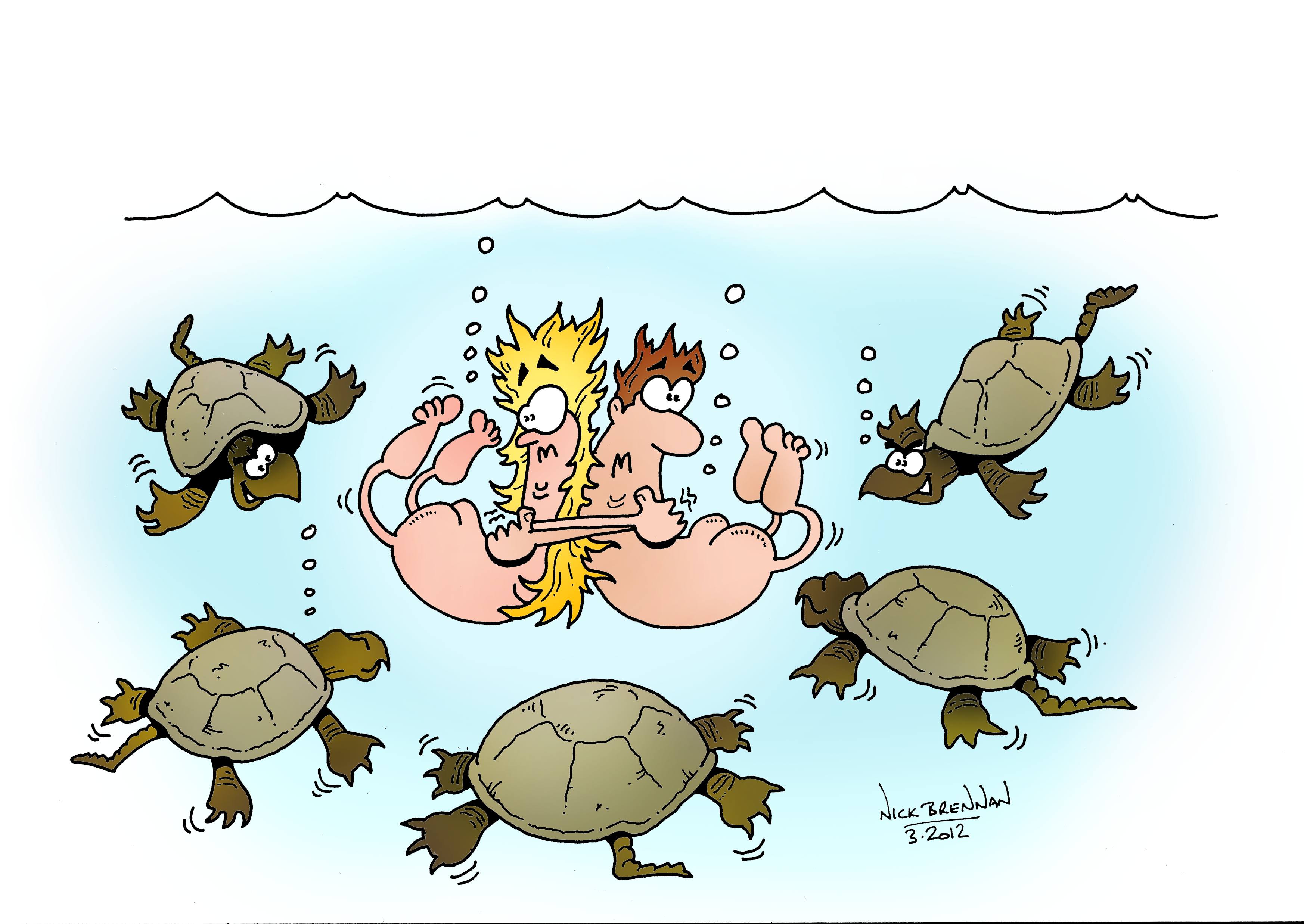The European Commission launched a campaign to convince high school girls to pursue careers in science. Their strategy generated tremendous attention … but not the kind they wanted.
Open Access
Whaddaya mean plagiarism? I wrote it myself! How open access can eliminate self-plagiarism
Can I steal from myself? Maybe not. But do I actually own everything I’ve published? That’s where it starts to get tricky.
Should universities programs with a sex-skewed group of students use affirmative action to get greater balance in the student population? Is it important to have more male nurses or more female engineers? Here’s one strategy that’s being tried.

